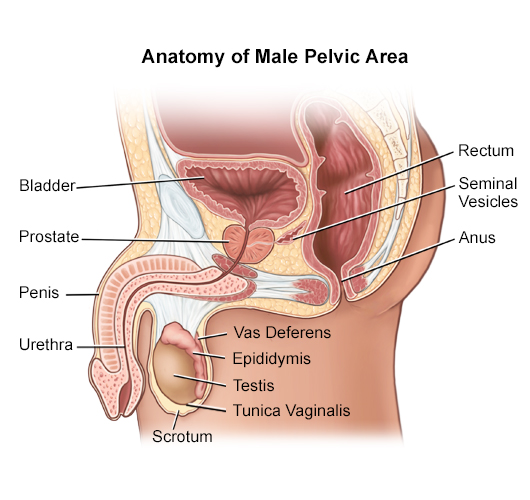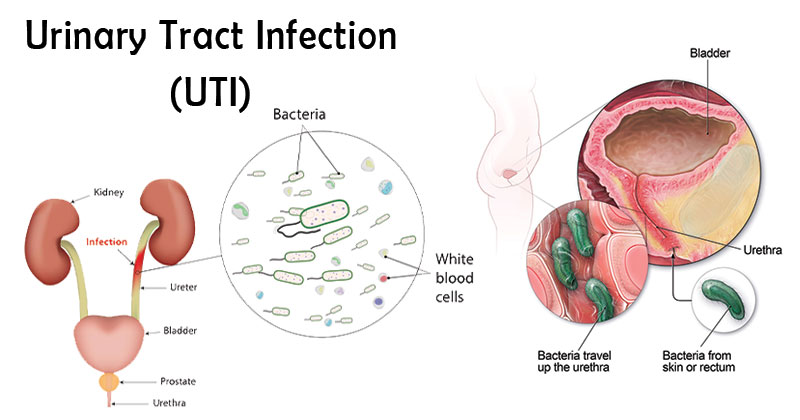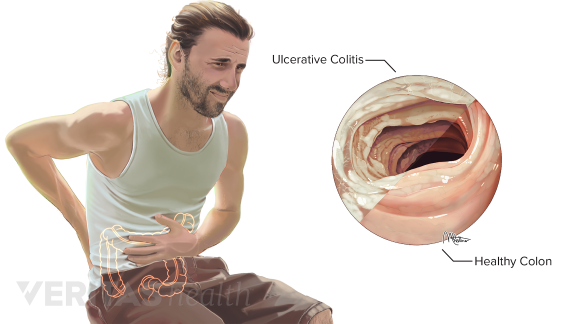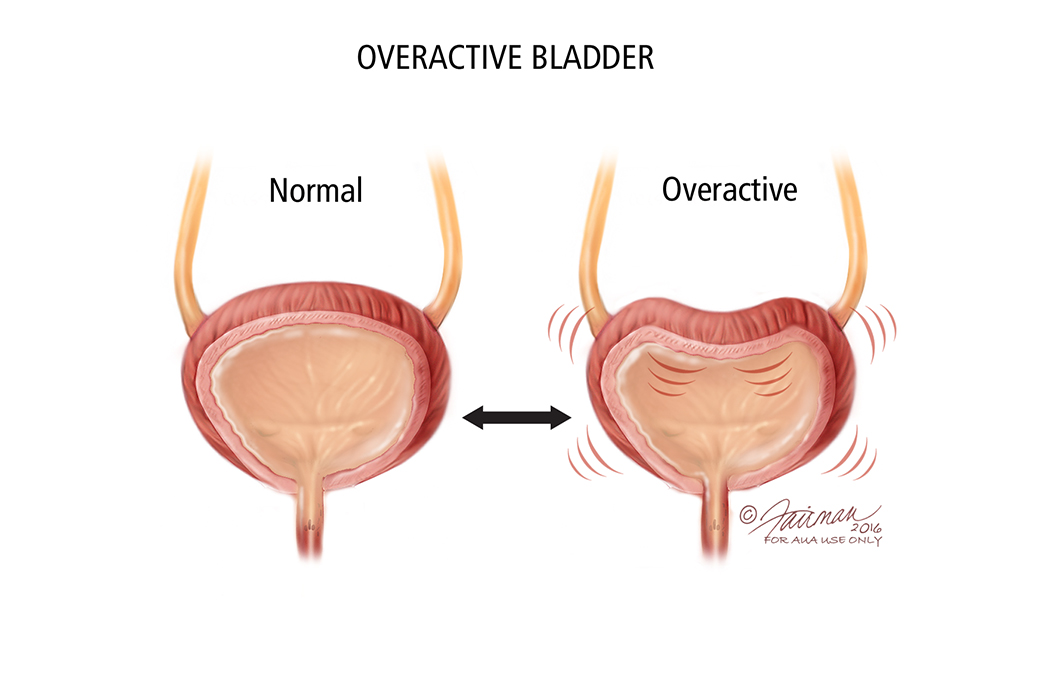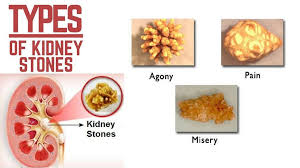What is Urology ?
Urology is a branch of medicine that deals with the urinary systems in both men and women . The urinary system is comprised of several organs and waste from the blood and removing it from the body as urine Urologists therefore diagnose and treat illneses affecting the following area:
Kidney- this filter waste from the blood, producing urine
Bladders- this organ stores urine before it leaves the body.
Urethra- this tube carries arine from the bladder out of the body.
Adrenal glands- hormone-secreting glands located on top of the kidney.
Urology also deals with the diagnosis and treatment of conditions affecting the male reproductive organs,
Including:
The penis- the organthrough wich the male urethra passes to expel urine from the body also responsible for carrying sperm out of body.
The testicles- two oval organs found in the scrotum which produce sperm and testosterone
The prostate- a gland found beneath the bladder which produces fluid that mixes with sperm with sperm to form semen.
What condition does a urologist treat?
Urology treat a wide variety of condition affecting the parts of the men and women, a urologist would treat the following:
When should you see a Urologist?
Your GP may refer you to a Urologist if they diagnose you with a condition they cannot treat you for, or if your symptoms persists after they have treated you problems, such as UTI.
The following symptons suggest a problem with the urinary systems and it is advisable to consult your GP or urologist if you experience them:
The following symptoms in men couldsgnitttt a problem with the reproductive system and also warrant a visit to a urology clinic:
Which subspecialties are include under Urology?
The main subspecialties of urology are:
What should you see a Urologist?
Your GP may refer you to a urologist if they diagnose you with a condition they cannot treat you for, or if yours symptoms persists after they have treated you for a mild problem, such as a UTI.
The following symptoms suggest a problem with the Urinary system, and it is advisable to consult your GP or a Urology if you experience them:
Which condition does a Urologist treat?
Urologists treat a wide variety of conditions affecting the parts of the body listed above in both men and women, a Urologist would treat the following:
In men Urologists also treat these conditions:

